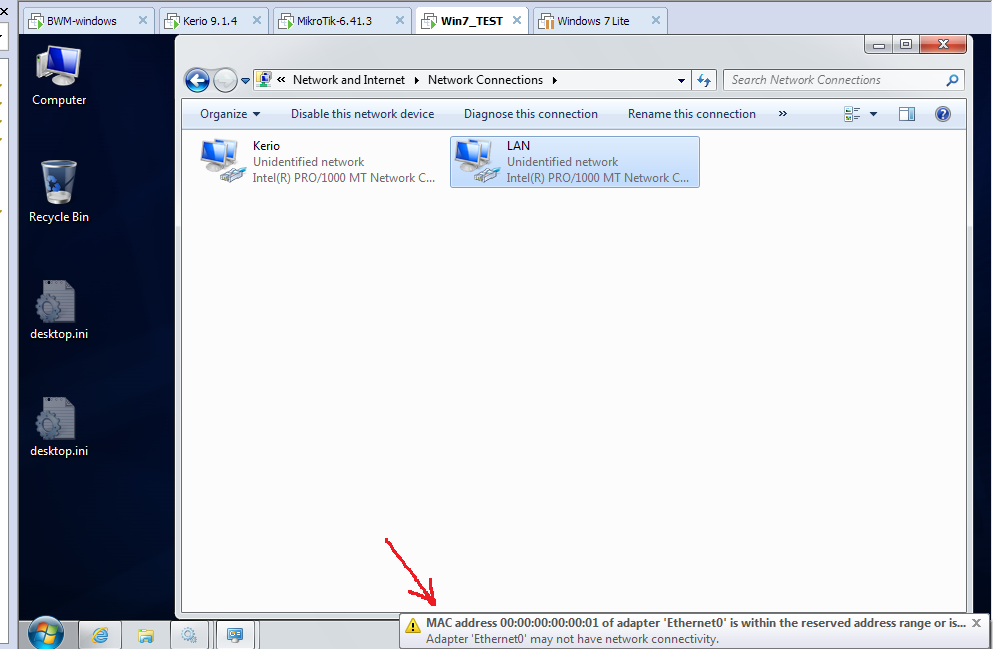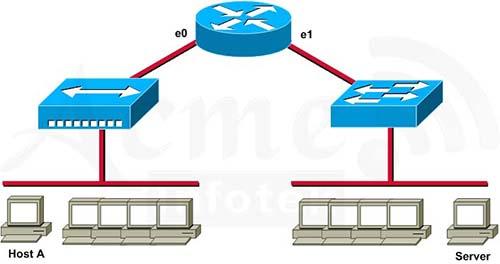

- COULD NOT GET MAC ADDRESS FOR NIC: SOFTWARE LOOPBACK INTERFACE 1 UDEPLOY AGENT DRIVERS
- COULD NOT GET MAC ADDRESS FOR NIC: SOFTWARE LOOPBACK INTERFACE 1 UDEPLOY AGENT FREE
This is a IPv6-in-IPv4 tunnel endpoint: it is a virtual interface, similar to VPN tunnel endpoints. This is not a physical NIC but the loopback interface, which should always have the IP address 127.0.0.1 (and IPv6 address ::1, if you have IPv6 enabled).īecause this is not a physical interface, it has no settings for ethtool to change. You should investigate the situation and fix any conflicts or incomplete name swaps. In my opinion, when you see a temporary interface name like this, something is not right. If this is actually a wired Ethernet NIC and ethtool won't accept this name, I think you've uncovered a bug in ethtool. If you need to swap the names of two NICs with each other, you must explicitly specify the desired nameMAC relationships for both NICs, otherwise you'll again get to see these temporary names.

In these situations, the "nameif" command aborts in mid-operation, leaving one of the interfaces with a temporary name.

This looks like an interface naming conflict: according to configuration, two different NICs are supposed to have the same interface name, or one interface has persistent name assignment information but the other hasn't. On the other hand, it requires an extra step to change the MAC address in the appropriate location when replacing a broken NIC. On one hand, the persistent assignment system makes Linux systems work more reliably when new NICs are added to an existing system. Predictably, actually doing this tends to uncover bugs in software that makes too many assumptions about NIC naming.
COULD NOT GET MAC ADDRESS FOR NIC: SOFTWARE LOOPBACK INTERFACE 1 UDEPLOY AGENT FREE
Of course, the sysadmin is free to customize the name assignment information, or even to establish a custom naming scheme for NICs on his/her system. Using HWADDR= and MACADDR= together on the same interface is not advisable and will lead to great confusion.) there is also a MACADDR= configuration setting, which _assigns_ a specified MAC address to a network interface. If the interface names are not correctly assigned by kernel defaults, the system startup scripts will automatically use the "nameif" command to swap the names around. Some major Linux distributions (I know of at least RHEL, SLES and Debian) are using persistent interface name assignment: Debian and SLES will both auto-generate an udev rule that will persistently assign the interface name to a NIC, while RHEL creates a HWADDR= line in each generated /etc/sysconfig/network-scripts/ifcfg-* file.Īs a result, a given physical NIC will always receive the same interface name, even if the hardware configuration is modified (NICs added/removed or the ordering of PCI cards is changed). But the sysadmin can change this name, by using udev rules or the nameif command.
COULD NOT GET MAC ADDRESS FOR NIC: SOFTWARE LOOPBACK INTERFACE 1 UDEPLOY AGENT DRIVERS
I would rather say: the overwhelming majority of wired Ethernet NIC drivers on Linux use a default interface naming pattern of "eth#". > ".All linux NICs use the naming pattern of ".eth#."." HPE Blog, Austria, Germany & Switzerland.


 0 kommentar(er)
0 kommentar(er)
